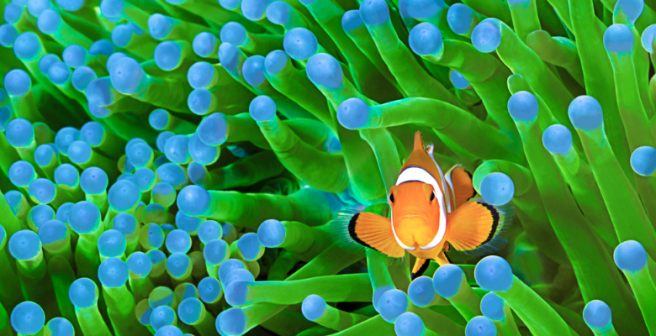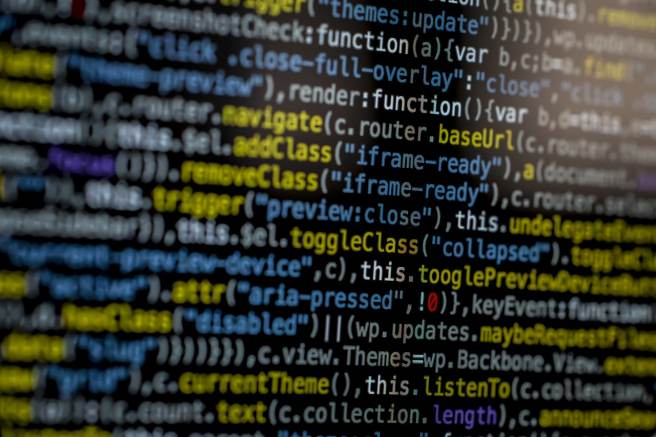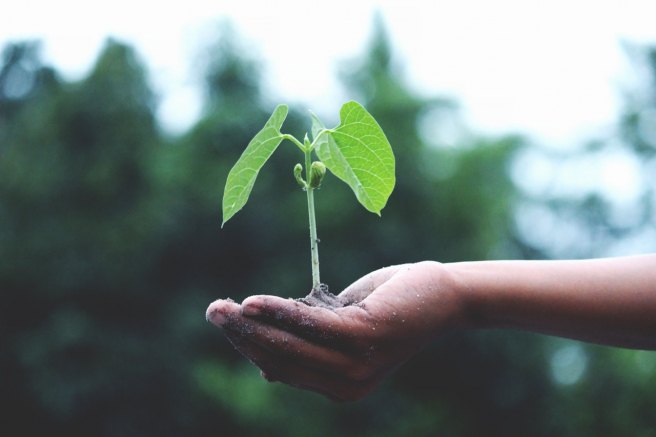Fish larvae feeding on microplastic particles display altered behavior

It is known that plastic waste has an adverse impact on marine life. But for the first time, researchers from Uppsala University have shown that microplastic particles i.e. plastic particles that are less than 5 mm in size change the behavior and development of larval fish. The researchers exposed larval perch to microplastic particles and discovered that their growth got stunted. Remarkably, the larval perch preferred to eat microplastic particles rather than the natural food sources available. This had an impact on the activity level of the larvae as they became sluggish in comparison to the larvae that fed on natural food. Moreover, the plastic-feeding larvae ignored the smell of their natural predators and thus got hunted easily. The study highlights the far-reaching consequences of the increasing microplastic pollution on the delicate marine ecology. Thus, they have suggested that environmentalists should promote the use of biodegradable products and design management strategies to control marine pollution.
Read more in Science Daily.


